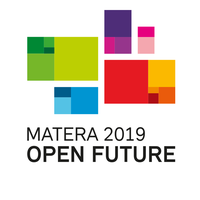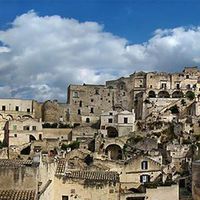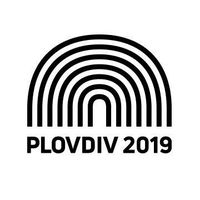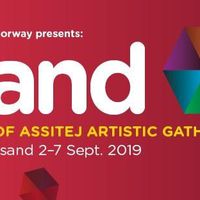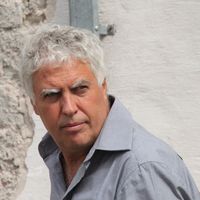A story of redemption | Matera European Capital of Culture 2019
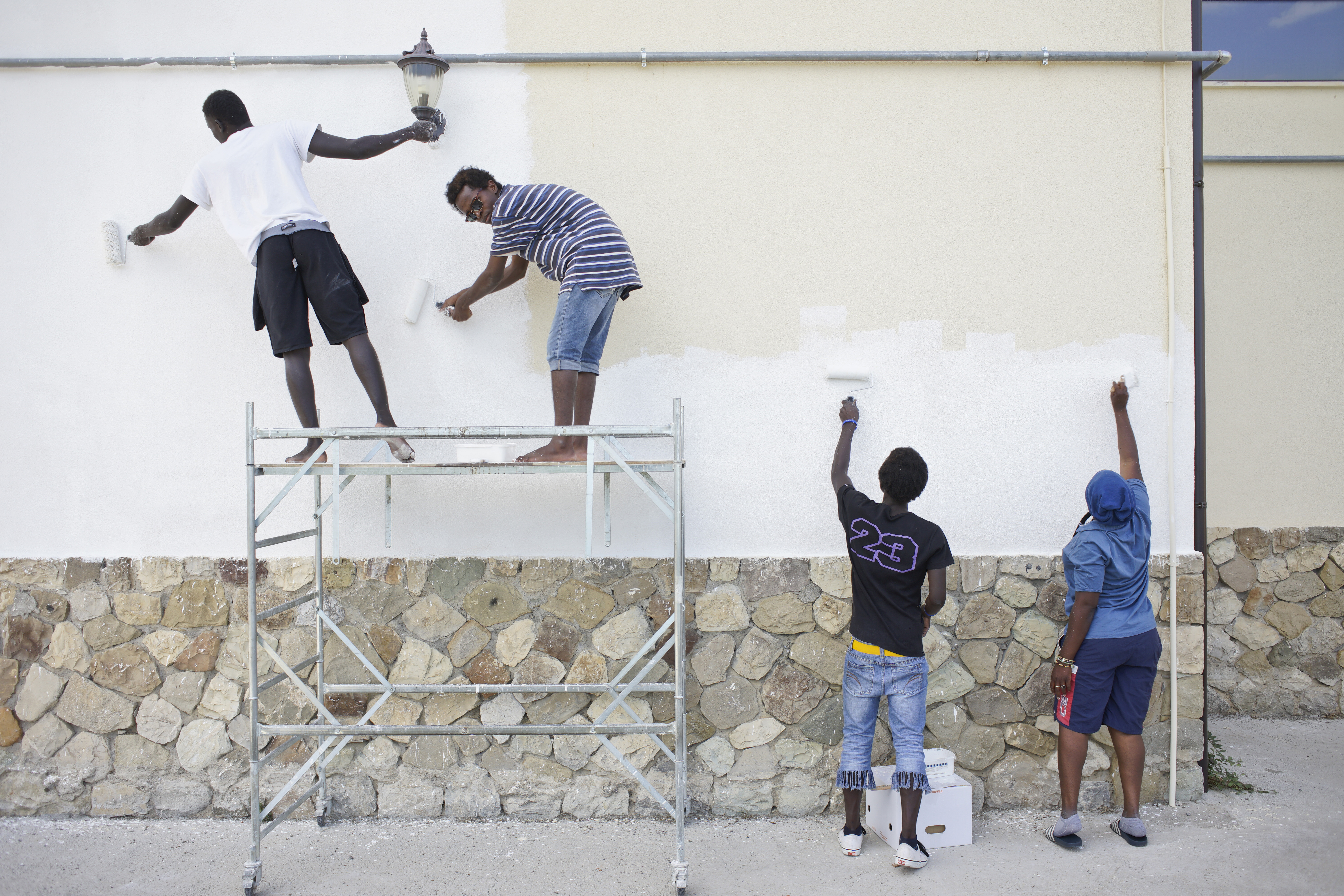
You might have mistaken its historical center - called “the Sassi” - for Jerusalem in Mel Gibson's The Passion of the Christ, or Patty Jenkins’ Themyscira in Wonder Woman. In truth, Matera doesn’t have anything to envy neither to the City of David, nor the mythical capital from DC Comics, being one of the oldest continuously inhabited cities in the world, since the 10th millennium BC.
Over the years, the perception of the city has shifted quite a bit. Called the “shame of Italy” when it entered UNESCO World Heritage Site List in 1993, the story of Matera is a story of redemption like no others. Nominated European Capital of Culture for 2019 - a title it will share with Plovdiv in Bulgaria – Matera has no intention to keep the attention and momentum she gained for itself in a Gollum-like fashion. Rather, she decided to share it with the Basilicata region and the rest of South Italy, to foster growth.
Ariane Bieou stepped in her role in March 2017, dealing with the cultural programme and supervising the productions.
“We are not an event factory,” points out Ariane Bieou, Cultural Manager for Matera-Basilicata 2019 Foundation, “We are working to help kickstart the cultural development of South Italy.”
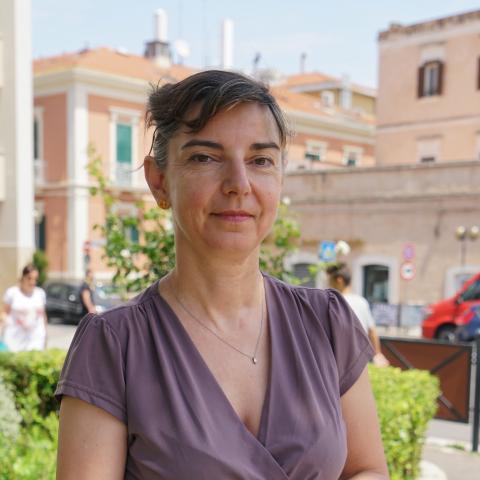
The programme is highly inclusive, taking into consideration an audience from a wide age range, and composed by locals, tourists and communities that are usually excluded from cultural activities. In terms of locations, the programme will extend from the Sassi (historic centre) to Matera’s outskirts. To knit these two parts of the city which still live independently, 5 paths tied to the 5 main themes of the programme have created. These paths cross areas that have been often neglected, to re-draw a map of the city. These activities will also have an impact on the wider region Basilicata, with 130 very small towns which will be capital for a day.
To consolidate the placement acquired by Matera and by Basilicata on a European level in the creativity sector and ensure a legacy of the projects, Ariane Bieou encouraged the Build-up, a capacity building programme which promotes the idea of co-creation.
Tell us more about this co-creation process
For Matera 2019, half of the projects were assigned to local project leaders who looked to international artistic connections to co-produce them. In terms of the international artists coming to Matera, we started from our themes, then we moved onto finding artists who were working in this sense. We had them collaborating with artists and art workers in an ongoing co-creation process. In the next few months we will also activate artists’ residencies in Matera and the surrounding region, which we think really fit in this kind of process.
What is the importance of a build-up programme in a small city like Matera?
Not only Matera is a little town, but also Basilicata is a tiny region. This means that the population is not big enough to develop all the necessary skills we need. So we decided to tap onto all the talented arts professional in Southern Italy. We activated a Skills Resource programme called “Change Makers and Linkers”, looking for arts producers and mediators. We don’t want to educate them, but rather to bring them together from different parts of Southern Italy.
From Sicily to Apulia, we selected 40 individuals with different backgrounds, to work with artists on how to develop their projects in the framework of a European cultural capital. We explained to this group of Makers and Linkers how to work in the co-creation process, what is our approach with the artists, how do we write and develop projects, and how do we technically manage this “big” event machine. This way, we created a network of skills within the region which will hopefully continue to thrive beyond Matera 2019.
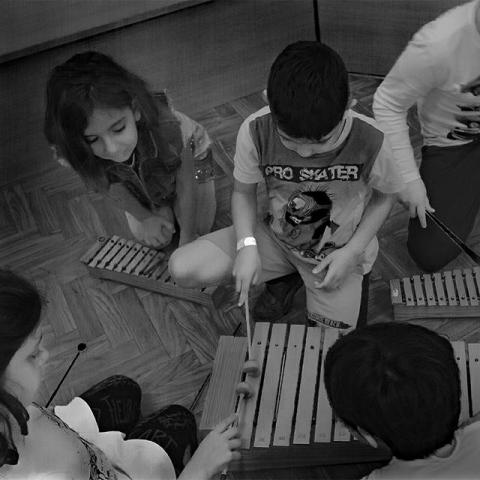
What specific issues did you face in the artistic context of Southern Italy?
One of the main reasons for creating this network was to contrast the diaspora of young people who leave the South of Italy to find work elsewhere. With this programme we want to encourage the return home of these professionals, thus helping the overall development of the region.
In terms of audience I know that as well as speaking to an international public, you have also a policy of inclusion of those who are usually excluded from culture.
While we have striking events, we don't just aim to animate and entertain over one season. We want to also cater to a wide range of audiences. We took into account the local audiences, but also the migrant communities living in Basilicata and to the tourists. The events are thought for a diverse range of audiences and every theme is declined in different modalities, so each one can find their own interest. Throughout 2018, we have been doing one event a month as a "crash test" - roughly the 19 of every month to create engagement, as well as testing the different audiences.
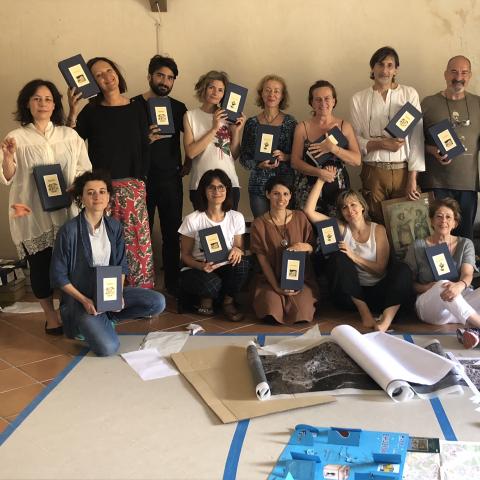
What will be the main themes of Matera 2019?
The 5 main themes are “Roots and Routes”, “Reflection and Connection”, “Continuity and Disrupture”, “Ancient Future” and “Utopias and Dystopias”. These themes are intrinsic to Matera and to what it can bring today to the international debate. All these themes have sub-clusters, from astronomy, to the spiritual aspect linked to rupestrian churches. There is also a cluster focusing on how scientific research can inspire creative ideas. One example is our Quantum Danza performance, with both a dancing and a musical composition, inspired from quantum physics.
Another very important cluster theme is Shame, which connects to the history of Matera: can you tell us more about it?
The “Shame” leitmotiv refers to the so called “Sassi eviction” in the '50s - '60s, when the city was called "the shame of Italy" for the conditions in which people used to live. (The Sassi are cave dwellings originating from a prehistoric troglodyte settlement). As a response to the situation, the best architects at the time were called to re-house the people who had been evicted.
For Matera 2019 we didn’t want to read this idea of shame only as a past wound, rather, we wanted to present it as a story of redemption and beauty. From a city of shame, Matera was first recognised as Unesco World Heritage Site and now as European Capital of Culture. We also went beyond Matera and looked at the meaning of shame in today's Europe, which to us means building walls and the response to migrants, and we created art around that.
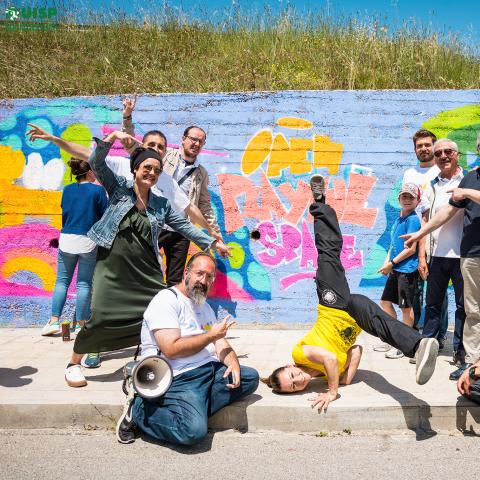
What are the main events that constitute the base of the programme?
We will have 4 main exhibitions. The first is called "Ars Excavandi" and is about Hypogeal cities, like Petra and all the other cities of this kind. It will focus on the travelling of man in time and relating to Matera’s history. The second is a re-reading of the Renaissance period, especially for the South of Italy and the Mediterranean. Then we will have a focus on the Ancient Greek philosopher Pitagora and prime numbers. The last exhibition towards the end of the year will be on the Anthropocene, the new geological era, and it will have a strong environmental focus.
One last question; what positive mark would you personally like to leave with Matera 2019?
I would like to give back the idea of measure. My ambition with this project is to create a symphony. Each project is a musical instrument and composes a melody. Whether is a big or a small event, everything has its role and importance in the composition. You might just happen to be in Matera for a couple of days, or you might be a local, or maybe you will decide to follow us only on the online platforms. In any case you should be able to perceive this sense of composition. Last but not least, I hope that the creation of this network of cultural operators will be a strong legacy for the South of Italy, something that will continue to develop beyond Matera 2019. It's ambitious I know, but it is something worth working for.
Links:
https://www.matera-basilicata2019.it
Similar content
posted on
14 May 2019
posted on
10 Nov 2014
posted on
21 Jan 2019
posted on
14 May 2019
deadline
20 Sep 2018
By Siddharth
03 May 2013

